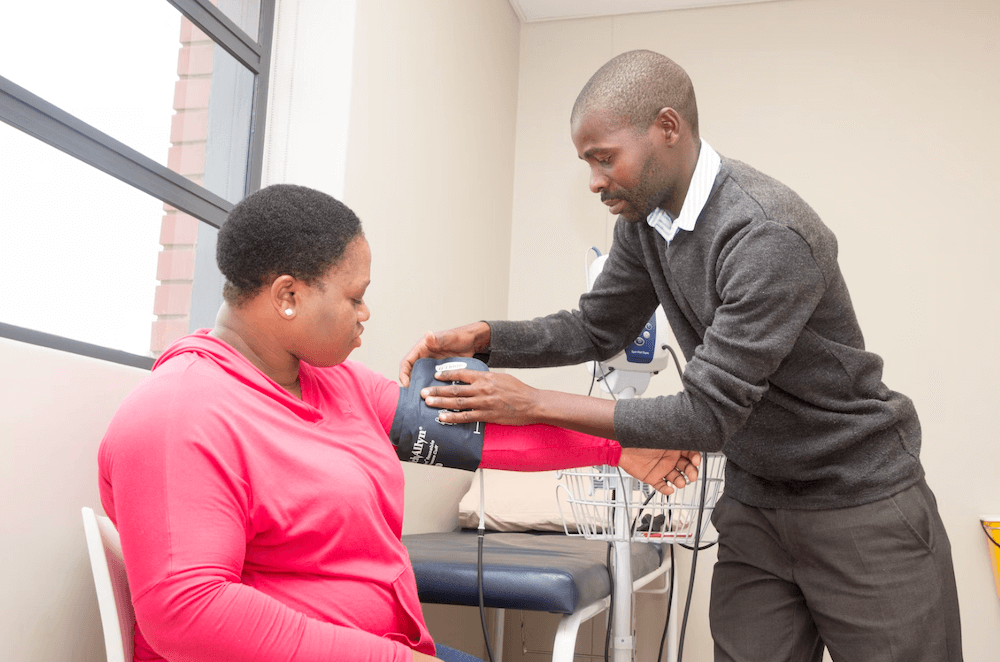About
Medical Assistant Program
Embark on a rewarding career in healthcare with our comprehensive Medical Assistant program, designed to equip you with the essential administrative and clinical skills demanded by today's medical field. This program offers practical, hands-on training, preparing you for certification opportunities such as the Certified Medical Assistant (CMA) credential. With a typical duration of one to two years, the program prioritizes job placement support, ensuring you are well-prepared and connected to employment opportunities upon graduation. Transform your potential into a impactful career, gaining the expertise and credentials to thrive in a dynamic healthcare environment.
Program Details:
- Cost: $8,250 tuition; $10,918 total program cost at Medical Training Institute of New York; $6,585 at Onondaga Community College with financial aid available
- Duration: 1 to 2 years
- Schedule: Unknown
- Prerequisites: High School Diploma or Equivalent; Attendance of One Orientation Session; Medical Insurance; Compliance with Immunization Requirements
- Accreditations: CMA (AAMA); ACCSC
- Career Outcomes: Emphasizes job placement support within one to two years of study.
Organization
New York State Education Department
The New York State Education Department
The New York State Education Department is a historic government agency that is part of the University of the State of New York, one of the most comprehensive and interconnected educational systems in the U.S. This system is dedicated to raising knowledge and opportunity for all New Yorkers, providing leadership for a system that aims to yield the best educated people in the world.
Highlights:
- Part of the University of the State of New York, a comprehensive and interconnected educational system
- Historic government agency dedicated to raising knowledge and opportunity
- Mission to raise the knowledge, skill, and opportunity of all people in New York
- Vision to provide leadership for a system that yields the best educated people in the world
